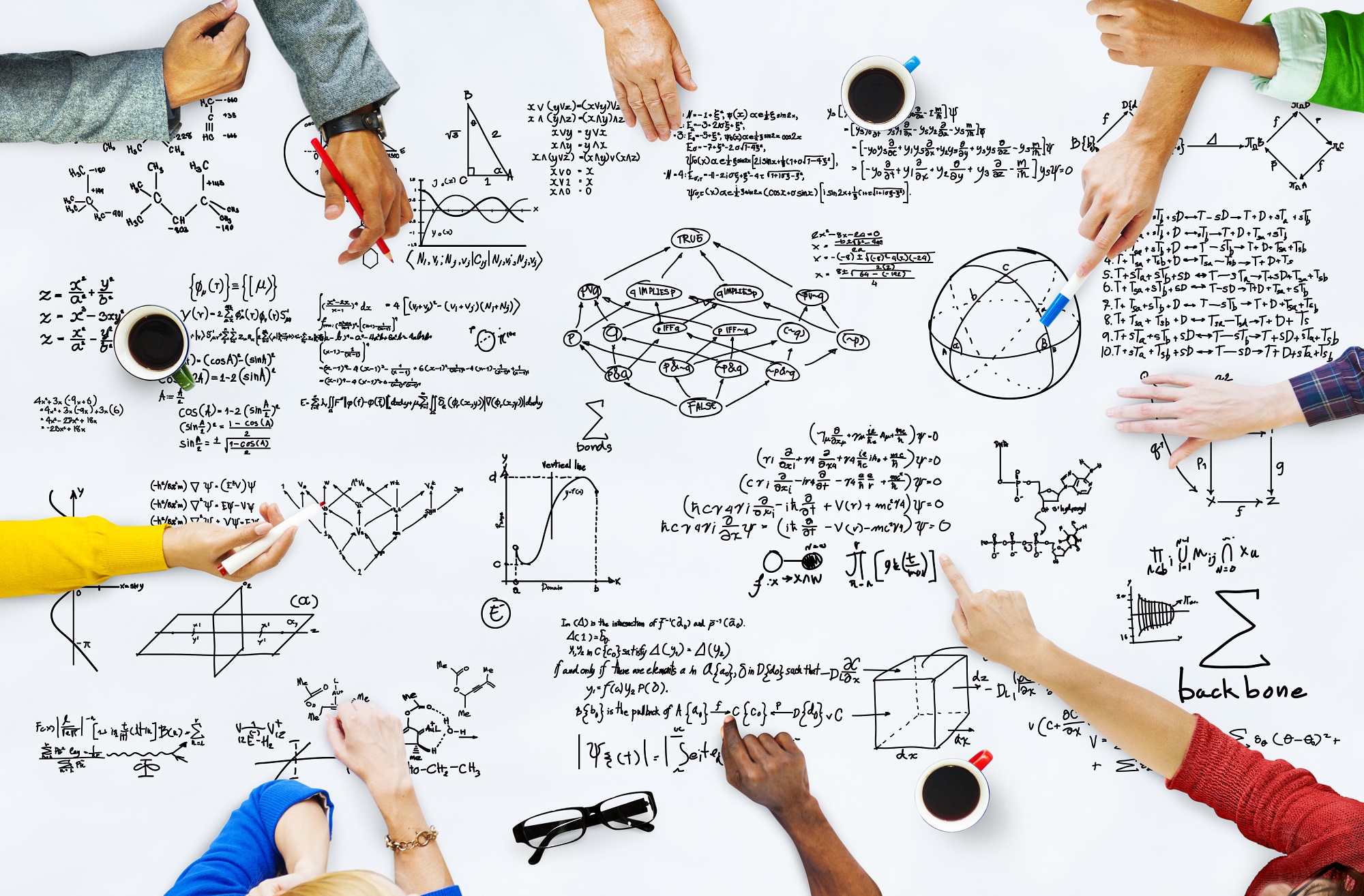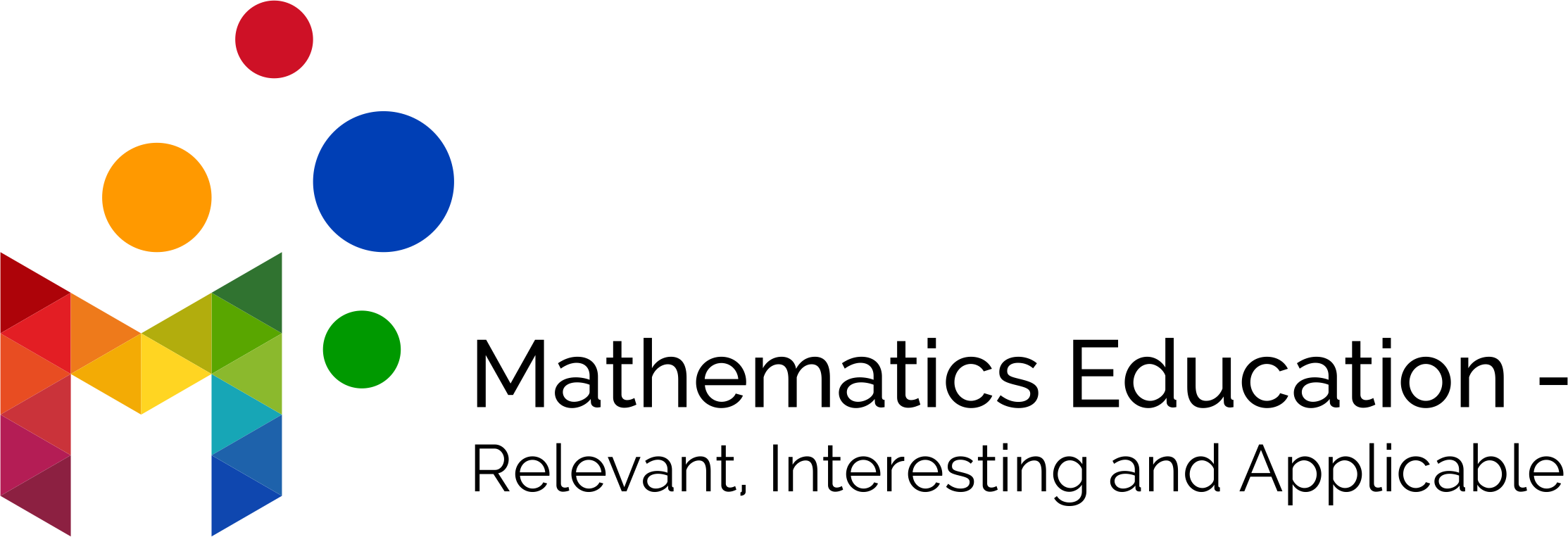MERIA Teaching Scenarios

MERIA Teaching Scenarios are six showcases of lectures with classroom activities that cover a mathematical topic supporting the development of complex competences in mathematics (problem-based learning based on TDS and RME), while MERIA Modules provide additional didactical information for the teacher.
A scenario describes a didactical situation, to be realised in a lesson, and the epistemological assumptions and reasoning behind it. It also describes the goals of the situation in terms of curriculum area and specific target knowledge and competency, and it provides a clear structure for the lesson based on the Theory of Didactical Situations. A module contains - in addition to the scenario - written and digital materials such as student assignments or digital worksheets, developments of the explicit rationale for the choice of the problem(s) and the teaching methods with further perspectives from Realistic Mathematics Education. Furthermore it also contains elements of the experiences and results which have been collected during experimentations of the scenario, including potential gains and pitfalls for students with specific preknowledge.
The use of a scenario can be a challenging task for a teacher. The basic ideas behind it might not be obvious, and the target knowledge can be difficult to reach. Therefore, the modules make some of the intentions of the authors more explicit and offer support to the teacher by describing variations that could be expected in the implementation of a scenario. A booklet containing all scenarios and modules is published separately on the project’s webpage.
MERIA Scenarios have been developed by partners from University of Ljubljana, Utrecht University, University of Zagreb, University of Copenhagen, National Education Institute of Slovenia, Vordingborg Gymnasium and XV. Gymnasium Zagreb.

